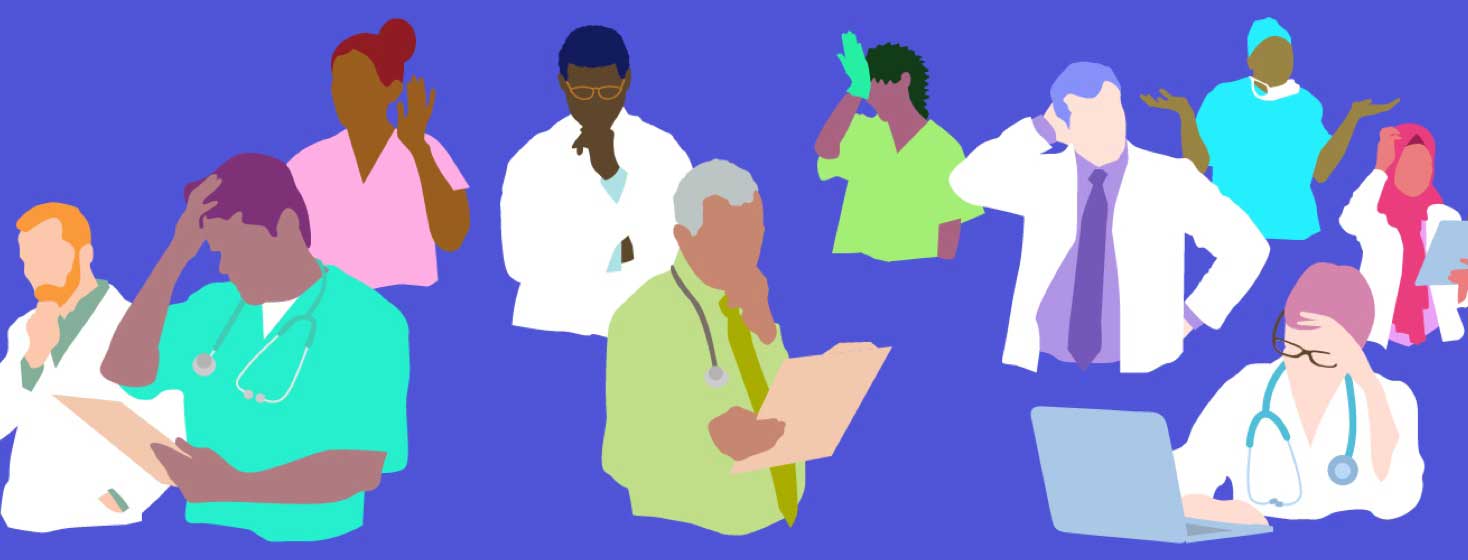Never Accept “I Don’t Know” When Seeking a Diagnosis
Navigating an endometriosis diagnosis can be incredibly challenging. For many of us, it will involve a myriad of doctors' appointments and disappointing treatment strategies, and even misdiagnoses.
The challenge of diagnosing endometriosis
Endometriosis is also tricky to diagnose since MRIs are limited in their ability to show what lies beneath. To get any definitive answers, the best approach is an invasive surgical procedure known as laparoscopy.
It can sometimes take up to eight years from the onset of symptoms to get a diagnosis. This delay in diagnosis can lead to a world of issues, such as long-term chronic pain.
This will impact a person’s mental health and their ability to hold down a job and live a fulfilling life. Receiving an endometriosis diagnosis early is key, which means fighting for an answer.
My first endometriosis symptoms began when I was twelve. I ended up in the hospital due to severe blood loss during my first period landed.
After three days in a gynecological ward full of women undergoing hysterectomies and other life-changing procedures, I was sent home with the first of many over-simplified diagnoses: "It's just a bad period."
My diagnosis journey
It took me two decades of pain, further blood loss, and the loss of more than just my fashion career to get my diagnosis.
Fighting for a diagnosis is an exercise in resilience and advocacy. If you are living with symptoms that feel like they could be endometriosis, there are things you can do to ensure you get a diagnosis sooner than later.
The first step in becoming a powerful self-advocate is to keep a symptom diary. It is important to also include how much your life has changed because of your symptoms.
Bullet points are incredibly helpful. Take that information with you and read it out to every doctor you see.
I'd also recommend finding a doctor you feel connected with – someone you feel you can trust. Ask on endometriosis forums online for recommendations. If you would rather speak to a woman, do that.
Advocating for yourself in your healthcare
Remember that it is up to you to receive a decent level of care. Don’t accept "I don’t know" as an answer from any health professional because that is not good enough.
I once had a very argumentative, yet polite, conversation with a doctor who told me that having a child would cure me. Every time he attempted to dismiss me with that line, I'd ask for statistics.
I asked him the same question over and over: “How many people do you know of who have given birth to a child and gone on to live symptom-free?”
Eventually, the doctor relented, and I went on to find myself a specialist.
Sadly, there are still many unknowns in the field of gynecological health. Even menopause is barely talked about. The fact that period health remains a mystery to so many doctors should not be on us, the people living in pain and seeking effective treatment.
Yet we have to be willing to speak up for ourselves - and educate our health providers, when they fail to give us the help we need.
Finding relief through treatment and community
Endometriosis may not have a cure, but it is treatable. The journey to a happier life begins with answers.
After my diagnosis, it took a year until I found a line of treatment that gave me my life back. I may not be endometriosis-free, but I am more active than most people my age.
Seeking a diagnosis will feel like a never-ending process at times. It is an exhausting and arduous process which is why reaching out to the community can provide a world of relief and useful tips.
The more I spoke with others who lived with my same symptoms or had got a diagnosis, the more empowered I felt.
Remember, you are not alone.

Join the conversation